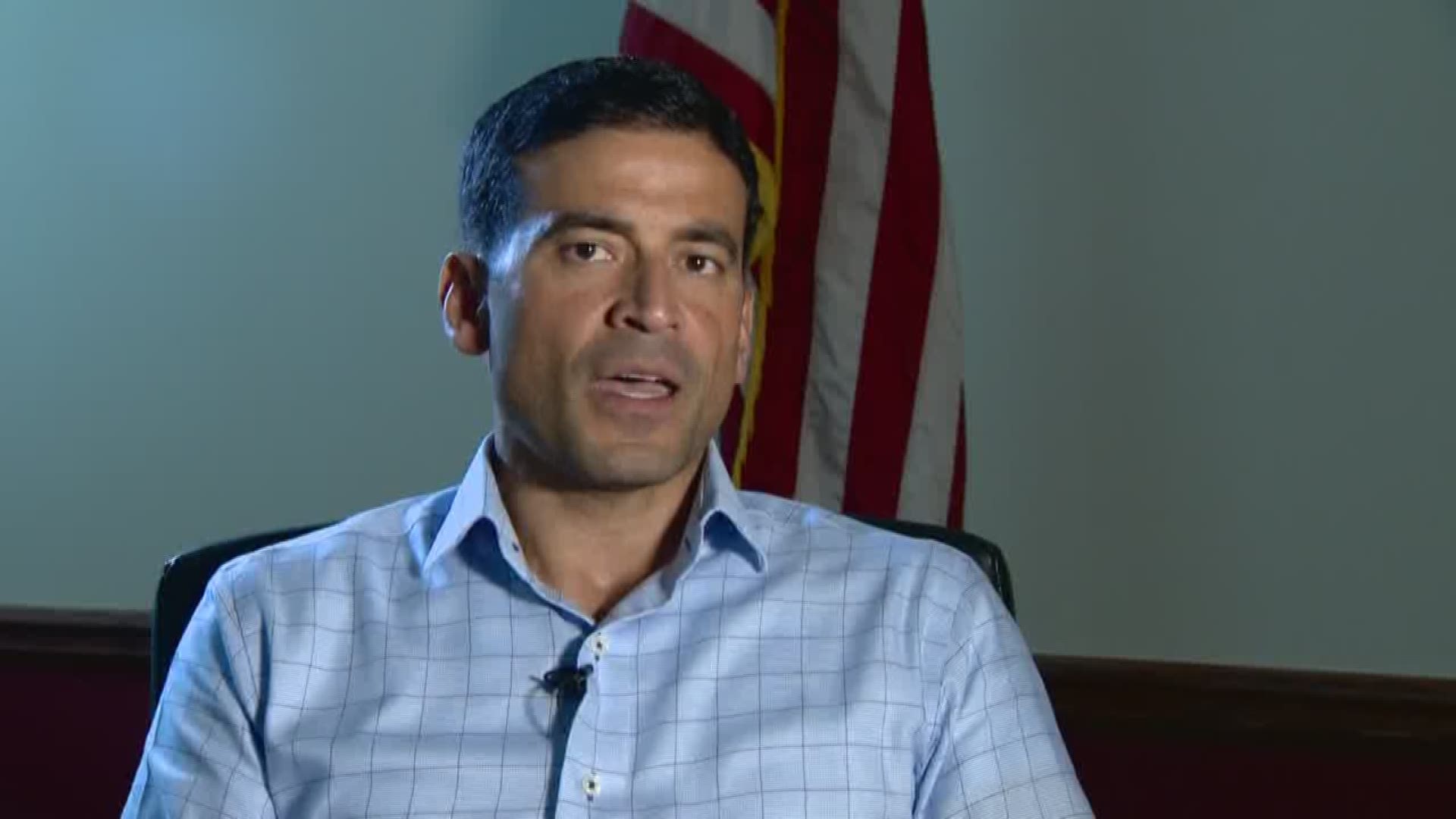A new Texas law recently signed by Governor Greg Abbott is allowing people a "second chance," especially first-time DWI offenders. The law provides a way for people to have their DWI sealed from public view, which would include potential employers.
The law applies to first-time offenders who have a blood alcohol content of .14 or less and did not get into a crash or hurt someone. Of course, they would also have to follow through with court orders.
“To be able to seal a conviction is new ground,” said DWI attorney David Volk. “I couldn’t believe it.”
Volk is very happy with the law that allows some first-time DWI offenders to apply for non-disclosure, basically having their conviction eventually sealed from the public eye. It would give people a better chance at getting a job despite making a big mistake in the past.
Volk said that it has been very difficult for some of his previous clients to get a job after being slapped with a DWI.
“Oh it’s horrible,” Volk described. “So, if someone has a pending DWI case, not even a conviction, they’ve been charged and arrested for it, I’ve had police officers taken out of duty, private investigators, people in the nursing field.”
They would have to follow through with court orders first, and their record could be sealed significantly sooner if they get an interlock installed.
“It gives an incentive to get that interlock and comply with it,” Volk said.
“I think it’s wonderful for these other counties that don't think like we do, and maybe these smaller counties, rural counties that have not been up to speed with these opportunities to turn your life around,” said Bexar County District Attorney Nico LaHood. “I think it’s wonderful that its law now.”
LaHood said that the new law will not affect Bexar County as much since his office has already implemented programs to help first-time offenders. And he does not like to use the term “second chance.”
“I'd like to call it an opportunity. A chance is a freebie, but when you give someone an opportunity to turn their life around with structure and accountability, that means they're going to work for it,” LaHood said.
The new law will not wipe a person’s record clear of their DWI. It will still be visible to law enforcement and it’s still a felony if you get a third DWI.

